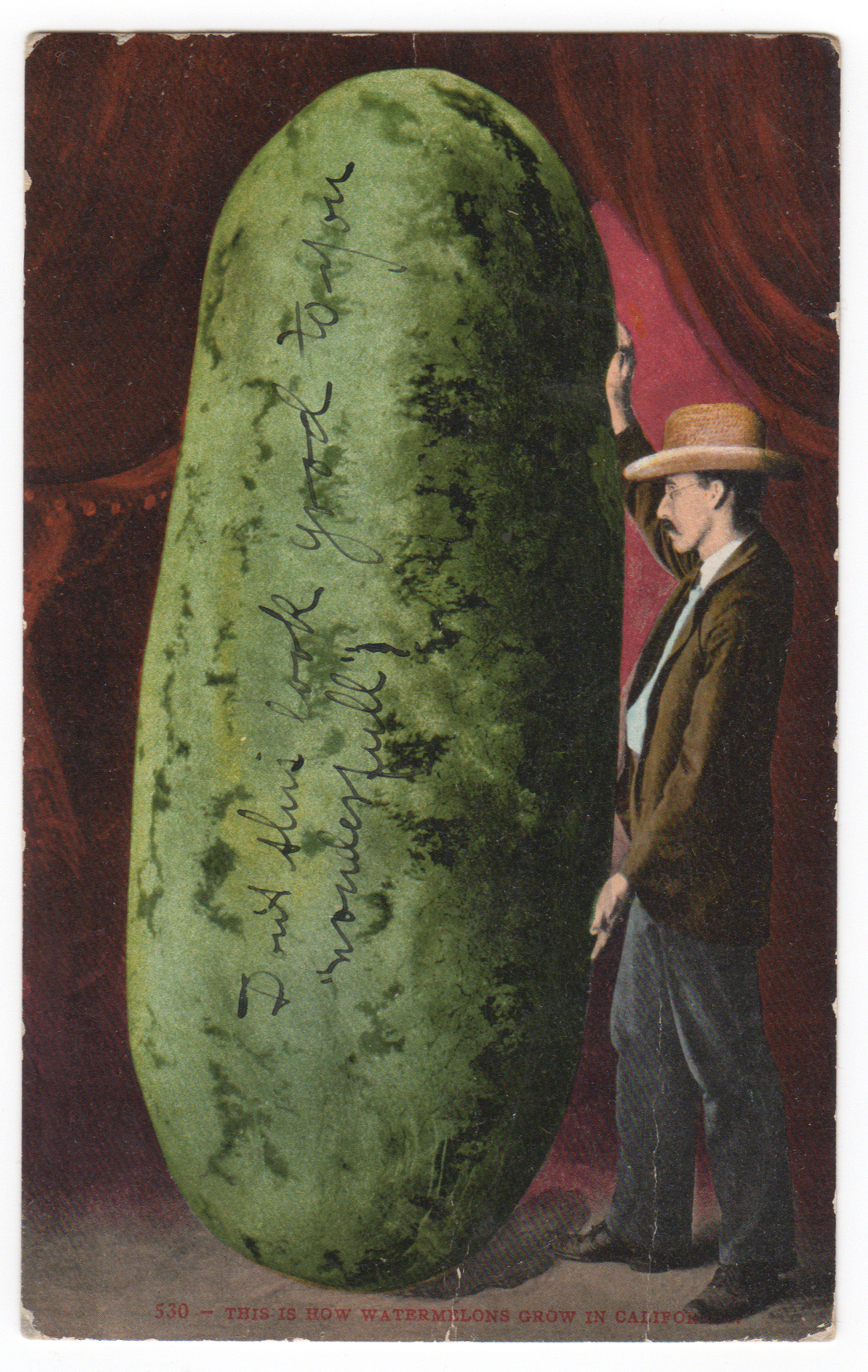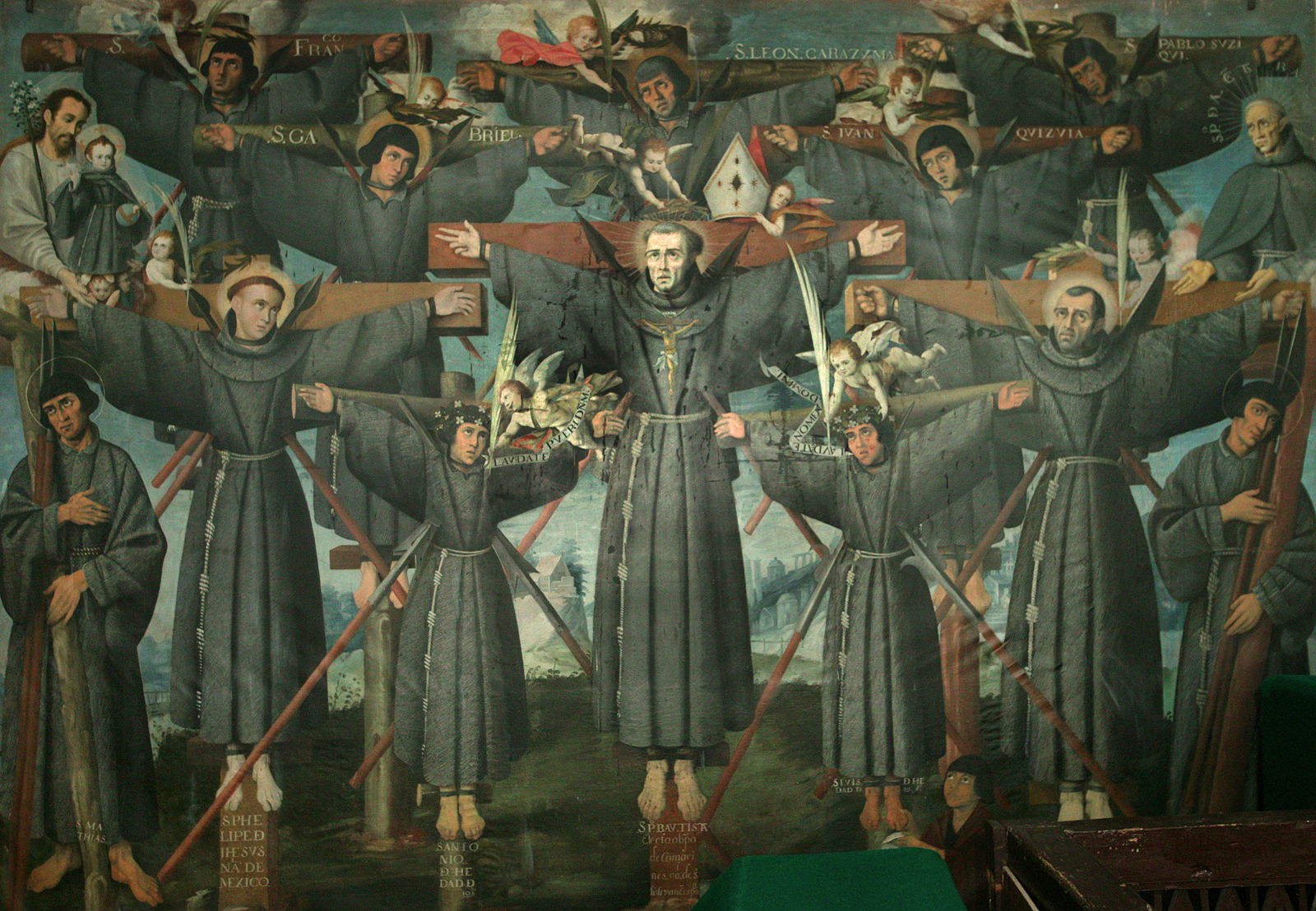
Autonomy: From Greek Self-Law ‘Autonomia’ to Modern Independence
Autonomy, originating from Greek ‘autos’ (self) and ‘nomos’ (law), signifies self-governance and independent decision-making.
But you don't know it

Autonomy, originating from Greek ‘autos’ (self) and ‘nomos’ (law), signifies self-governance and independent decision-making.

Fanatic, from Latin ‘fanaticus’ and Greek ‘phanos’, denotes extreme zeal, especially in religion and politics.

Cynophobia, combining Greek ‘kynos’ (dog) and ‘phobos’ (fear), denotes an irrational and excessive fear of dogs.

Demographics, from Greek ‘dēmos’ (people) and ‘graphō’ (to write), refers to statistical data about population characteristics.

Pedagogical, from Greek ‘paidagogos’ (child leader), now refers to the art and science of teaching methods and practices.

Apocalypse, from Greek ‘apokalypsis’ (unveiling), refers to a prophetic revelation and is often linked with world-ending events.

Hyperbole, from Greek ‘hyper’ (over) and ‘bole’ (throw), refers to exaggerated statements for dramatic effect.

From Greek ‘monos’ (alone) and ‘polein’ (to sell), Thales of Miletus exemplified ‘monopoly’ by cornering the olive press market.

Martyr,’ from Greek ‘martyras’ meaning ‘witness,’ evolved to denote one who suffers or dies for their faith or cause.”

Discover the origin of ‘melancholic’ from ancient Greek medicine and its definition as a deep and prolonged sadness, often associated with introspection and nostalgia.